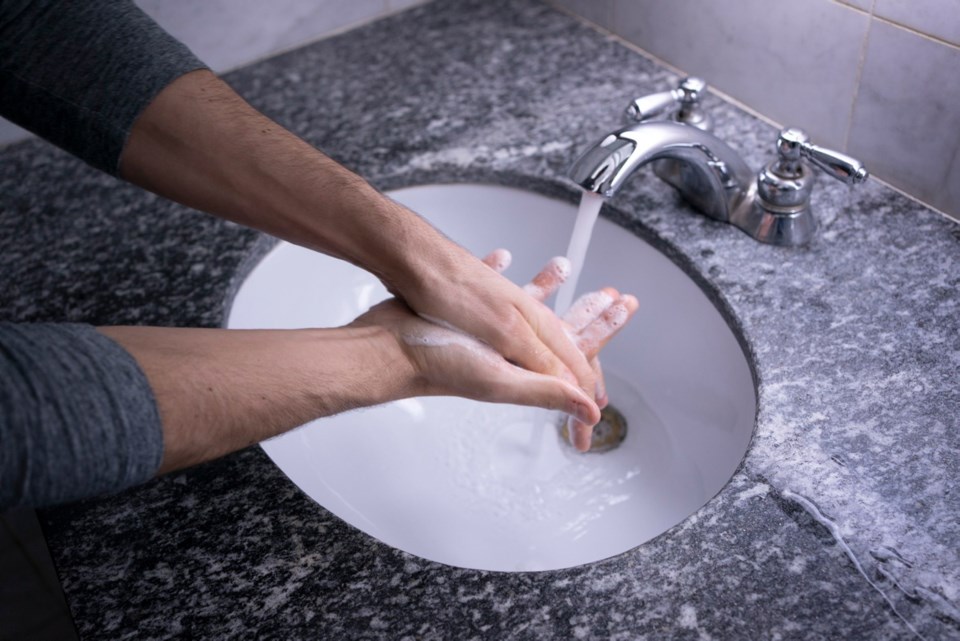If you are sick, the first thing you need to do is stay home, away from others, says provincial health officer Dr. Bonnie Henry.
Henry advises “doing all those things that we need to do at this time of the year to prevent transmissions of infections,” including cleaning hands regularly, covering your mouth with your sleeve, not touching your face and eyes, staying away from others and staying home if you’re sick.
Most of the 53 cases of COVID-19 in the province are related to travel abroad, but even if you haven’t travelled, stay away from others if you’re sick, said Henry.
For those who are otherwise healthy and not part of a vulnerable group, including the elderly or those with chronic illnesses, infection with COVID-19 results in a relatively mild illness, said Henry.
If you’re concerned that you might have been exposed to the virus because you recently travelled to one of the affected areas — such as Washington state, Italy, China, or Iran — the first step is to call your health-care provider, if you have one, or 811 to speak to a nurse who will help guide you through the process.
Anyone concerned about having COVID-19 should call ahead before walking into a doctor’s office, public health office or emergency department, Henry said.
“Not everybody who has a cold or a flu, or symptoms of cough or shortness of breath, has been exposed to this virus or needs to be tested for this virus,” said Henry. “The first step is to call ahead. If your provider believes that you need to be tested for influenza or for anything else, then they will make arrangements for you to be assessed safely and tested, if needed, and cared for, if needed.”
Health professionals can also advise patients how to best self-isolate.
B.C.’s Health Ministry and public health officials are working on bolstering the services at 811, which has been inundated with calls. The service typically receives 1,200 calls weekly, but that has more than tripled to in excess of 4,000 at last count.
B.C. Health Minister Adrian Dix said the dramatic increase has prompted the ministry to open a new call centre and increase capacity for 811, which is staffed by 10 to 15 nurses on a typical day.
The new call centre will handle calls from people doing risk assessments — for example, an event or sports organizer seeking information about how or whether to host a gathering.
COVID-19 is a droplet-transmitted virus. Because it’s a heavier droplet, it only spreads about one metre through coughing or sneezing. It only lasts on hard surfaces a few hours and is easily cleaned with household products.
It is most likely to be transmitted by infected individuals to people they live with, spend time with in close indoor settings, or by sharing food.
The symptoms for COVID-19 can be very mild, much like a cold.



